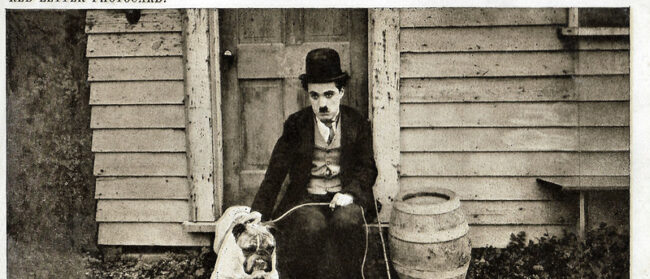Perry Berry has a dream: to establish a community, complete with mushroom-shaped houses, where small people from all over the Philippines can make a living and escape discrimination. Berry is the president of the Little People Association of the Philippines (LPAP) and has been struggling since the late 1980s to make this dream a reality. Little people, he says, want to show society that even though they are small, they can do big things.
Berry’s vision was born with the younger members of the association in mind. Young people such as his 18-year-old daughter Josephine, who dreams of becoming a lawyer. “I can imagine myself living there,” she says. “We can live in the city with other people, but it’s better in such a village because things will be made for our size. It’s my dream, too. If we have our own village, we can be free to do what we want.”
While younger LPAP members are full of hope, some of the older ones, such as Egoy, fear they may have missed their chance. At 51 years old, Egoy performs as an Elvis Presley impersonator, but wishes he could have set up a small shop or restaurant. He didn’t have enough money to pursue that dream though; he could only afford to be Elvis.
Pidoy too has little interest in the potential village. The manager of the famous Hobbit House bar, where Berry used to serve as manager and where most of the waiters are small, is 61 years old and has his sights set only on retirement.
Yet there is more support than disinterest. Berry’s idea is not without precedent, either. Kunming, in China’s Yunnan province, is home to the Dwarf Empire Amusement Park where the more than 100 workers living there measure less than 130 centimetres. However, the park is not managed by little people; Berry and the 46 members of the LPAP want to be their own masters and to own the land they inhabit. They say they are tired of living in a world that seems to ignore their problems.
The goal for Berry and the LPAP members is to create a life of dignity, where work, other than performing in circus shows and movies, is available.
Currently, Berry is meeting with local authorities in the hope of securing land in the Metro Manila area for a reduced price. With an architectural plan already completed, he hopes that within the next two years, construction will be underway and little people and tourists alike can begin enjoying the range of hotels, restaurants and retail outlets Berry has in store for the village.
“We don’t want to be segregated from society,” Berry says. “What we are aiming for here is to create a community so that we will be recognised.”










